- Shop
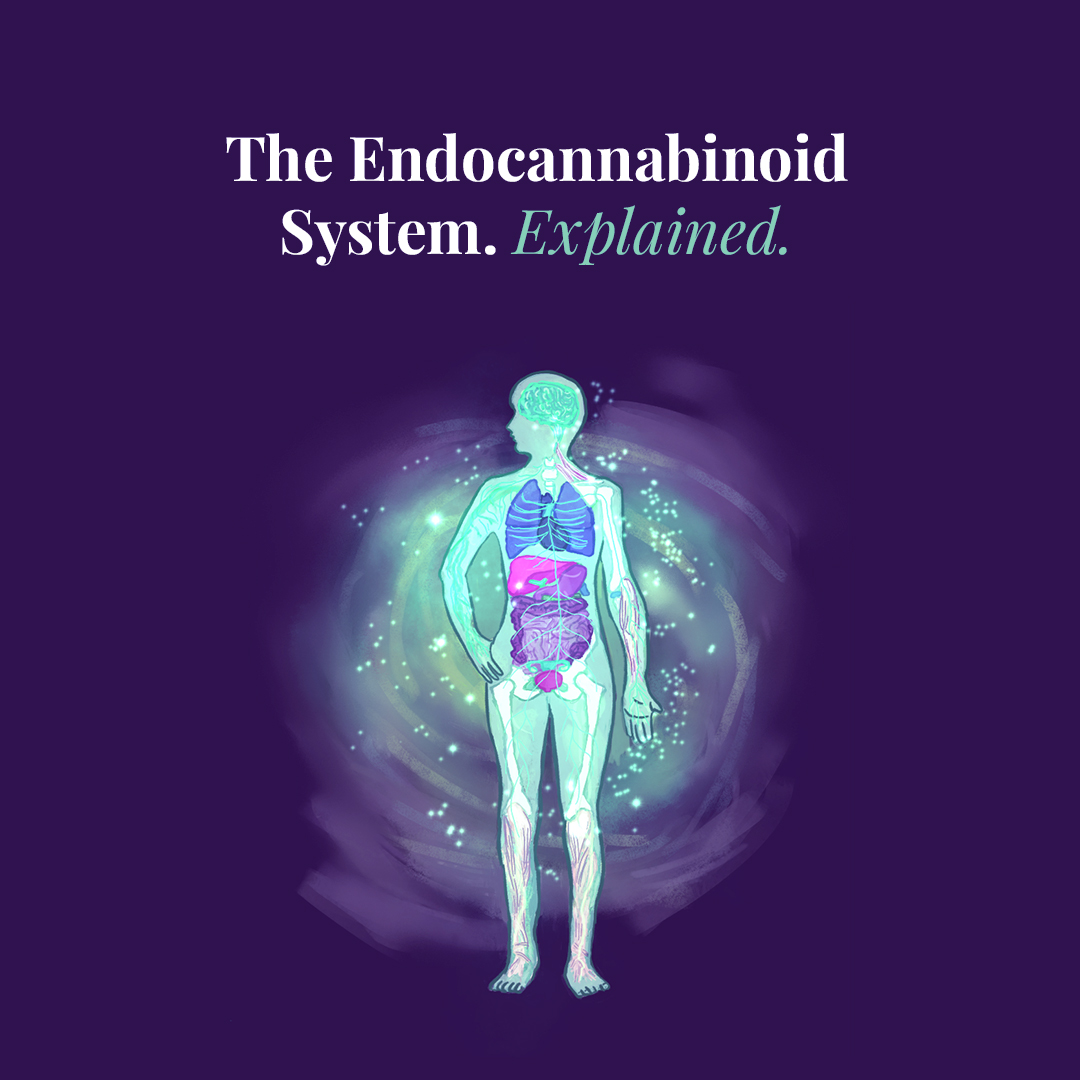
How CBD Works
Learn about the endocannabinoid system
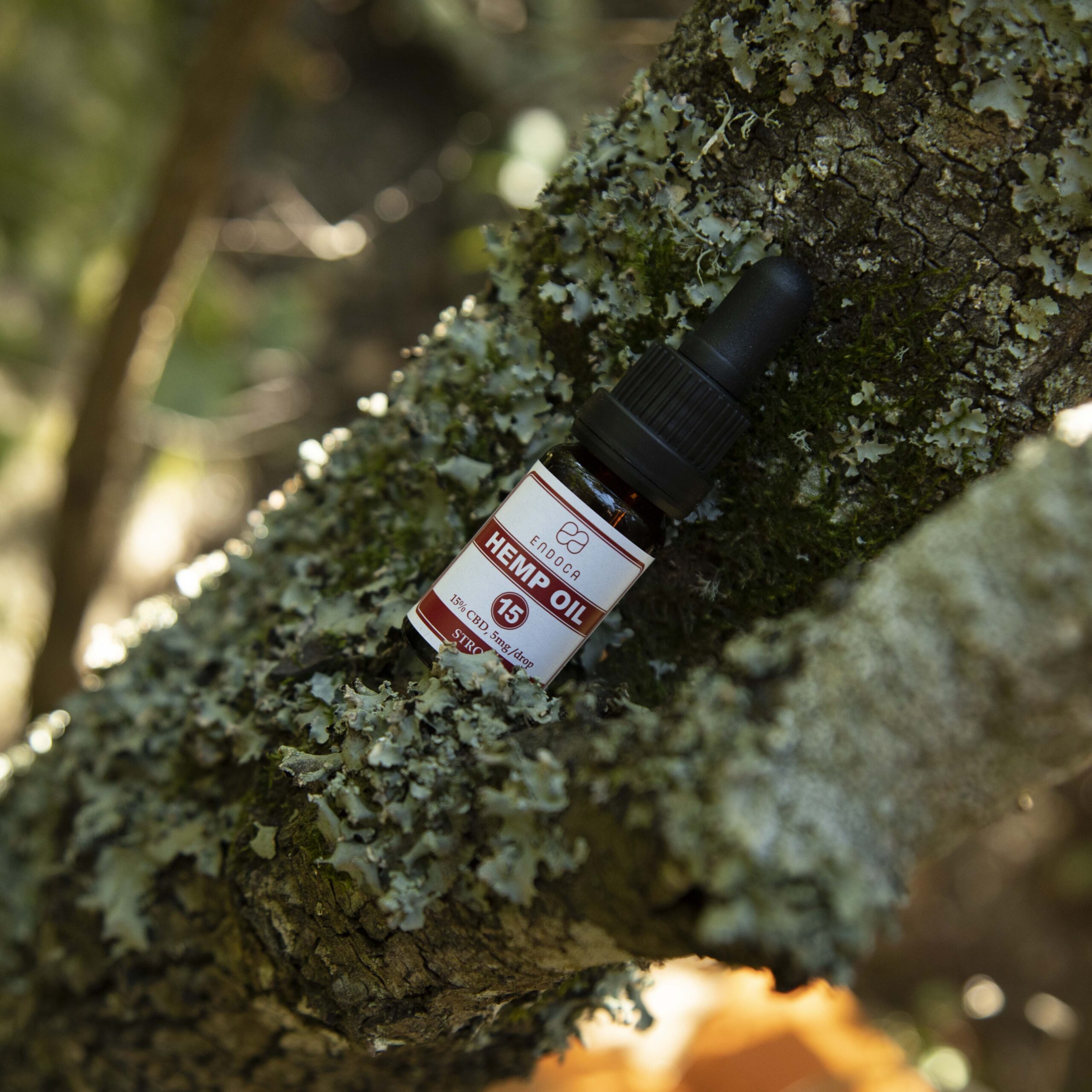
CBD Oil
Our iconic and organic CBD oils, with under 0,2% THC
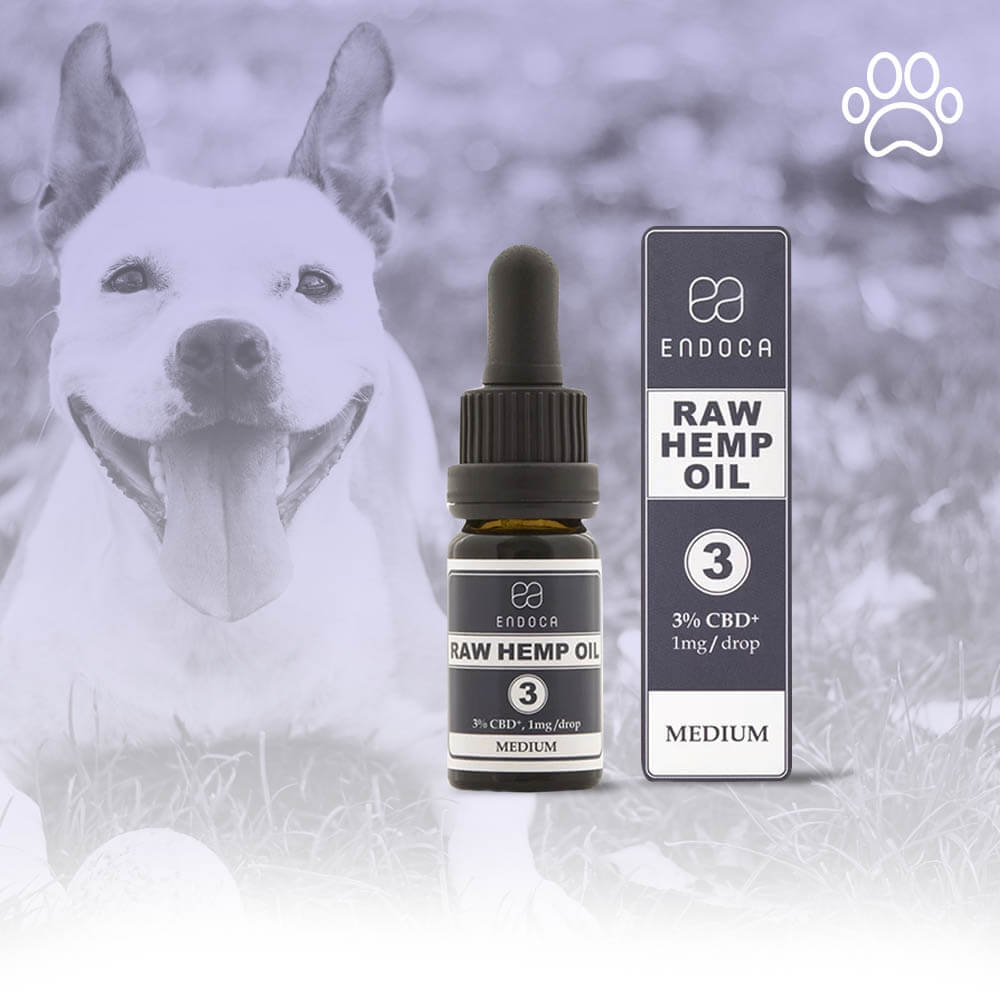
CBD For Pets
Treat your furry friends to Endoca’s CBD for pets
- About CBD
About Endoca
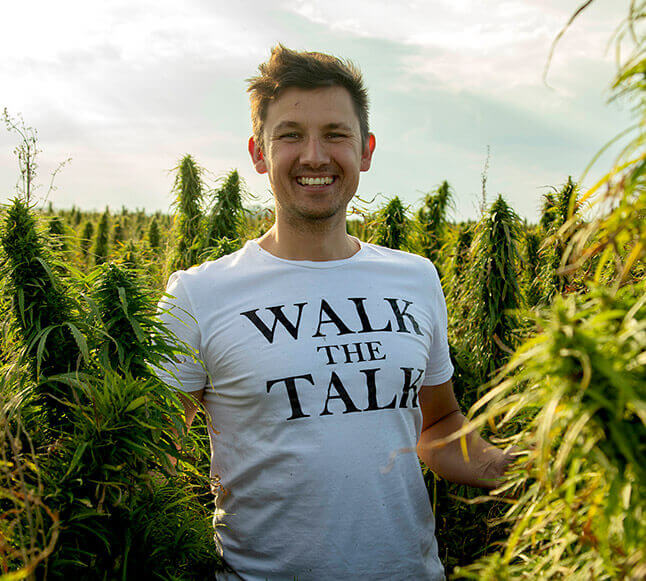
Our Story
From humble beginnings to a global mission – we grow, harvest, and craft hemp with care for people and planet.
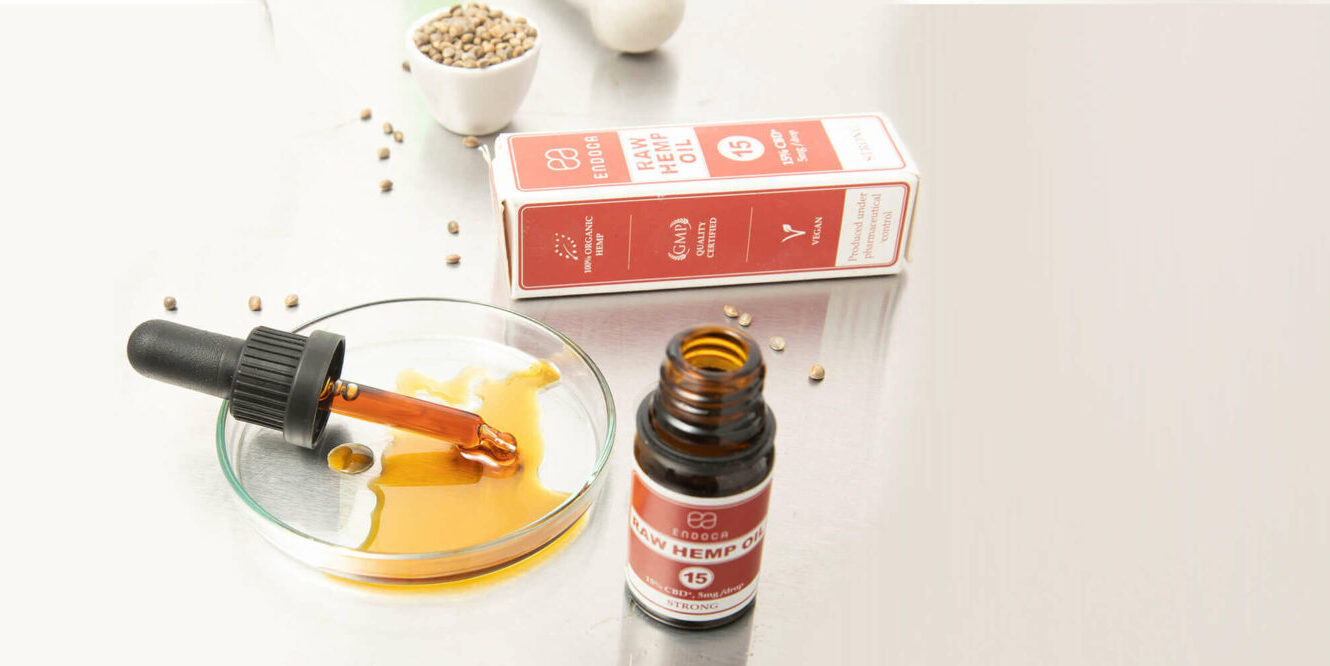
What Is CBD?
CBD is nature’s way to restore balance, calm, and overall well-being – naturally and without the high.

The Process
From seed to shelf, we grow organically, extract cleanly, and follow strict quality standards for purity.
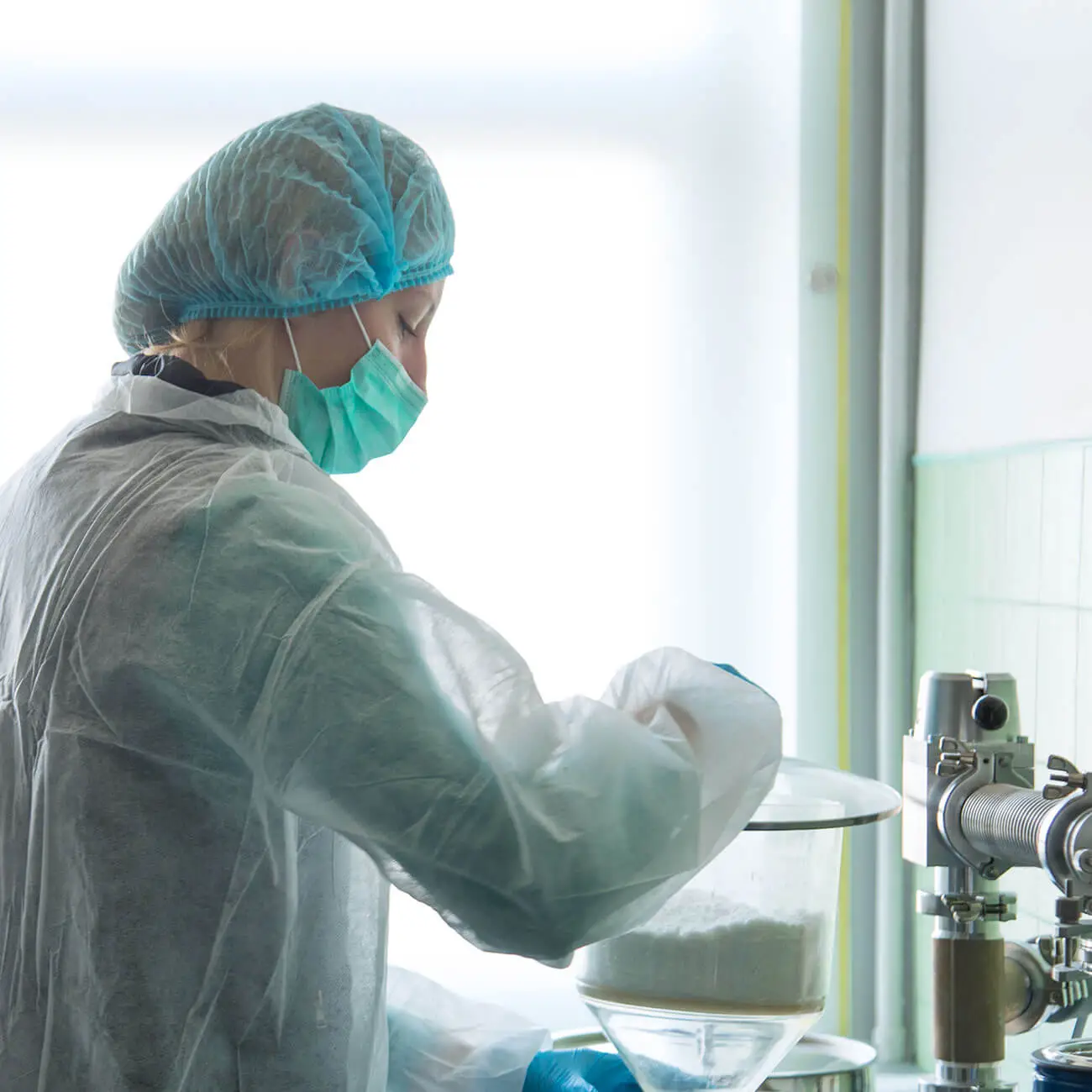
Lab Testing
Every batch is third-party tested to ensure purity, safety, and the exact amount of CBD every time.
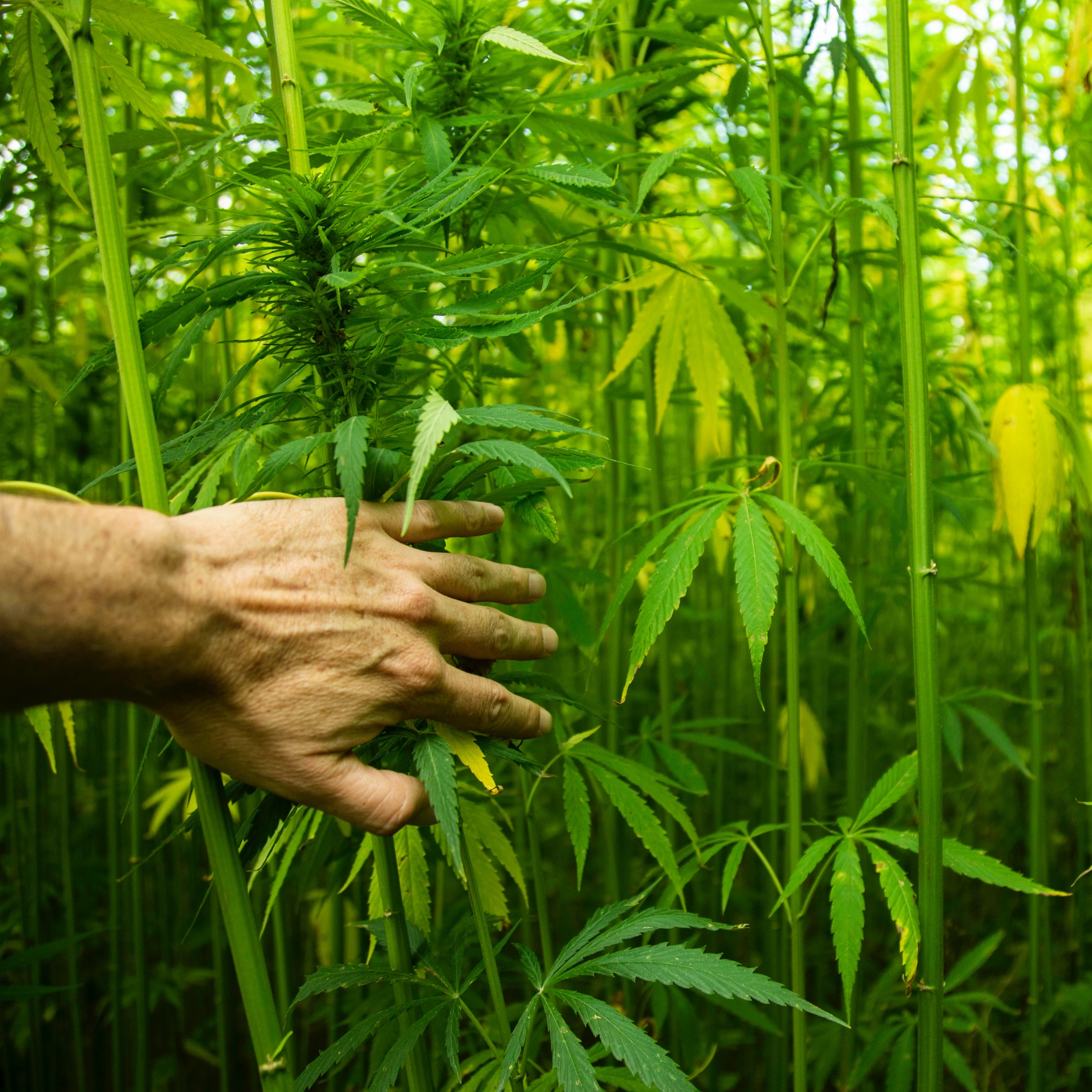
Our Values
Sustainability, transparency, and wellness guide every decision – for you and for the planet.
- Foundation
- Contact us
- Sale
Who We Are
We empower people to enrich their wellness journeys, naturally.
Here at Endoca, we believe that CBD is the most amazing natural molecule found in the cannabis plant – which is why we are dedicated to producing the finest and purest CBD hemp oil. In our guide, you’ll discover what the acronym ‘CBD’ really stands for? And more about the fascinating science behind the compound. We value education as part of our mission, that’s why we’ve put together an essential ‘what is CBD’ guide to help you learn more about its potential wellness benefits.
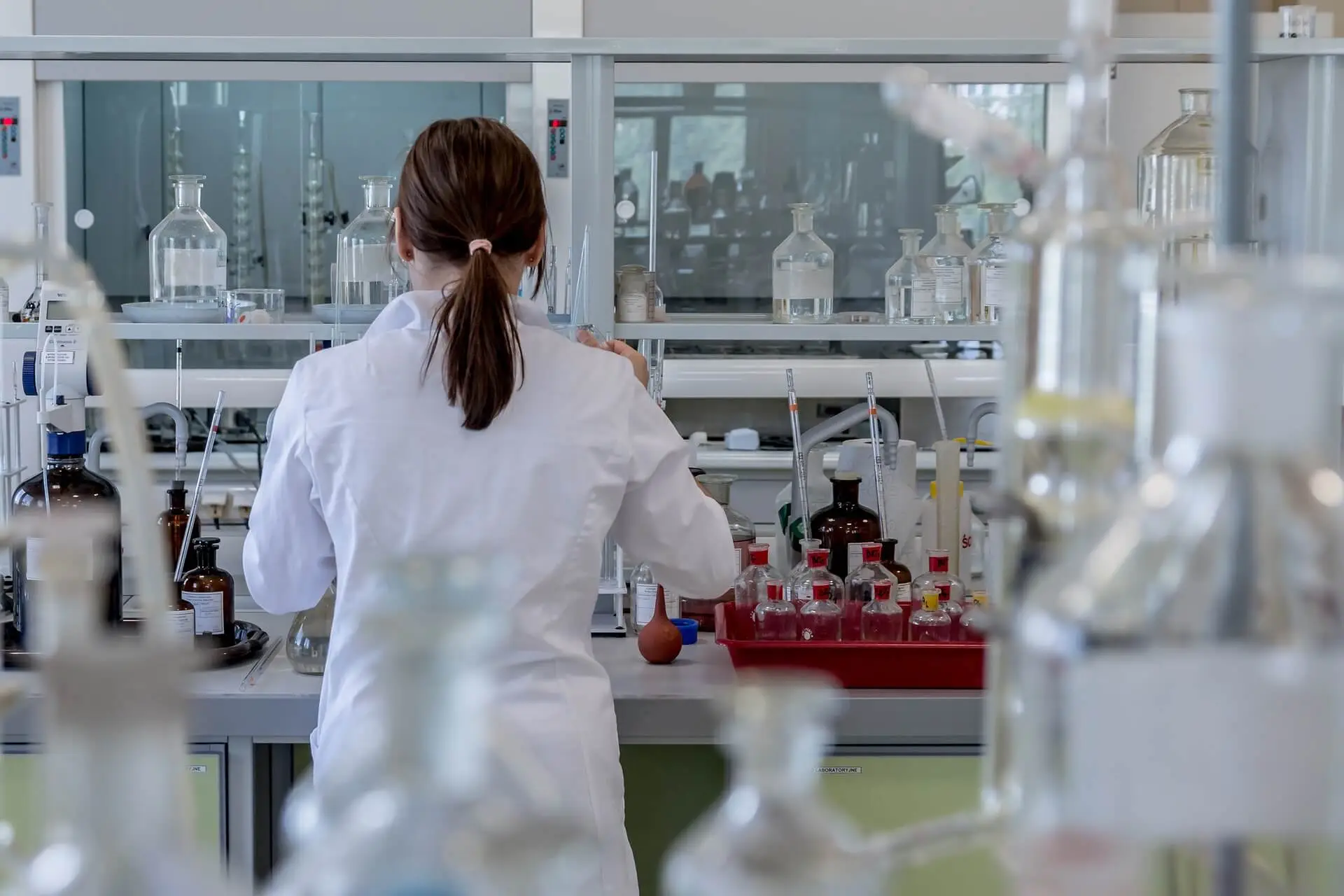
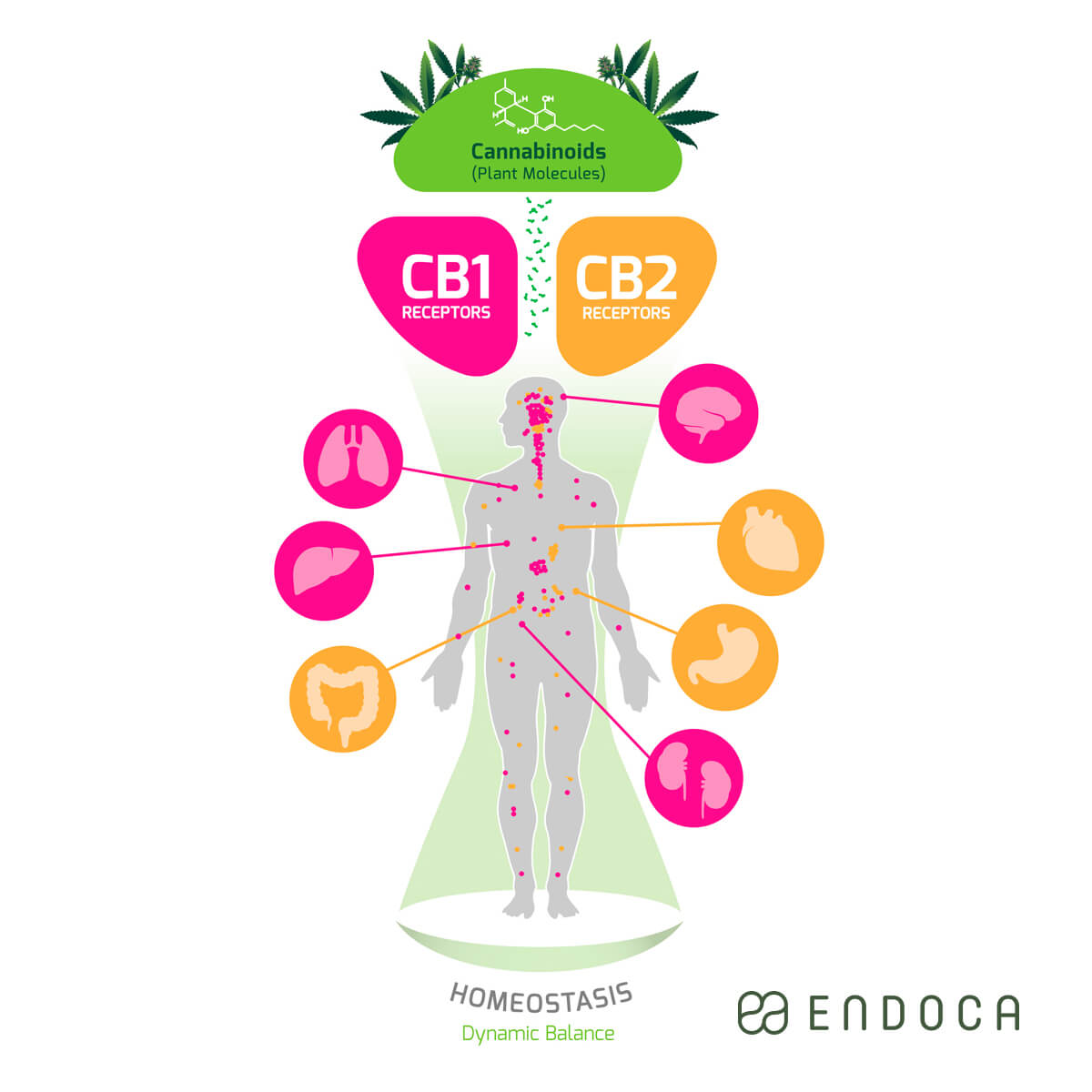
What is CBD oil?
What does CBD do?
Cannabidiol works by interacting with the body through a complex network of cannabinoid receptors, called the endocannabinoid system (ECS).
This vast internal system plays a critical role in maintaining homeostasis, which is the body’s ability to maintain stable internal conditions despite external changes. It regulates essential daily functions such as appetite, mood, immune responses, pain perception, and sleep patterns. When these receptors are stimulated, they help the body create its own chemicals called endocannabinoids, which work to restore balance and optimize function.
But what are compounds? Compounds are simply chemicals found naturally in almost all living creatures. They consist of atoms bonded together in specific structures, forming substances with unique properties.
So, What is Hemp Oil?
Technically speaking, hemp oil refers to any oil that comes from the hemp plant. It’s possible to extract oils to access things other than CBD. This includes essential vitamins, minerals, flavonoids, fatty acids, and other non-psychoactive components. Generally, there are two types of oil that can be produced from hemp.
This oil is extracted from the stem of the hemp plant solely for its CBD content (also known as CBD hemp oil). To be legal, the oil must not contain more than 0.3% THC.
This oil is extracted from the seeds and is used for cooking. It typically contains no CBD.
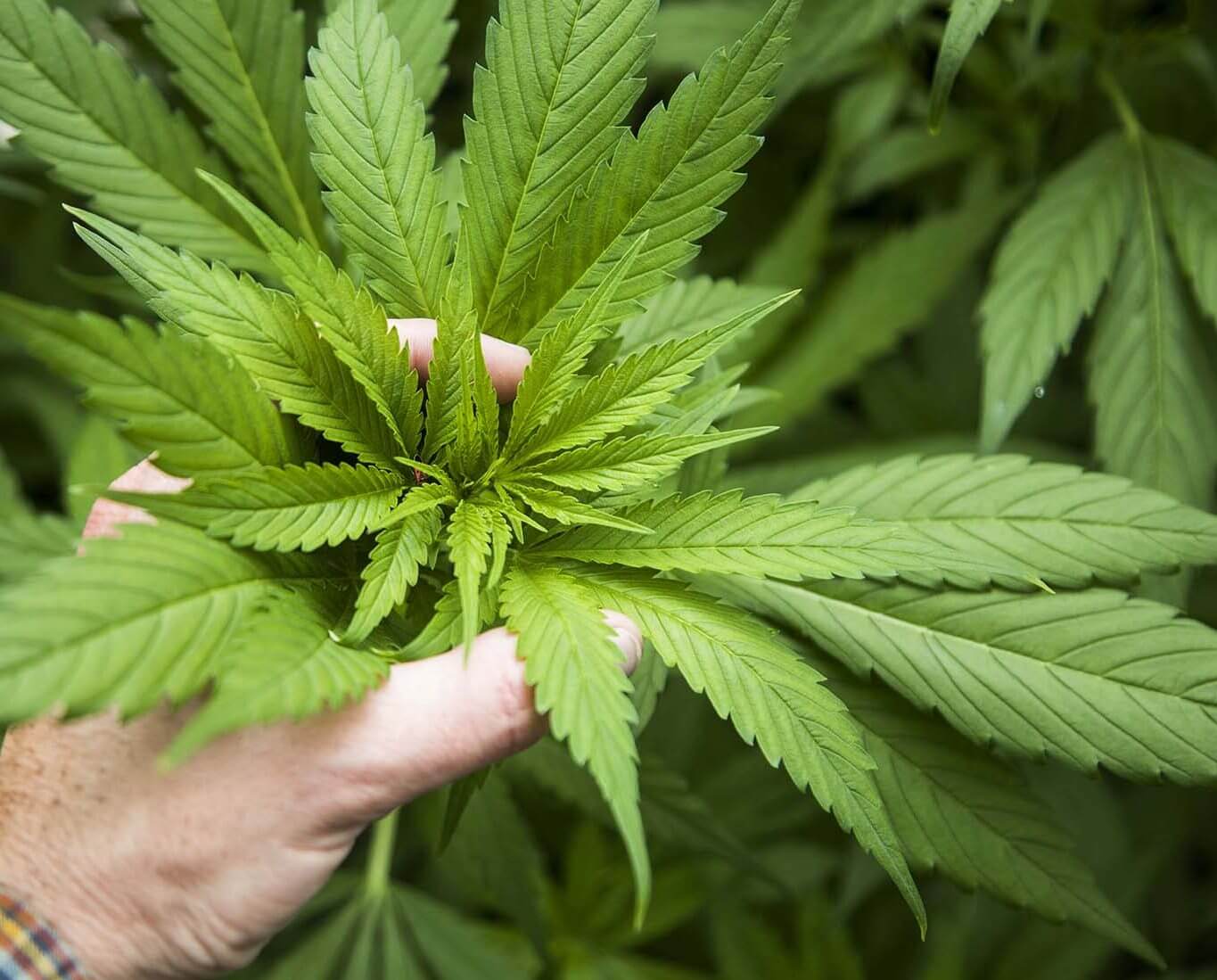
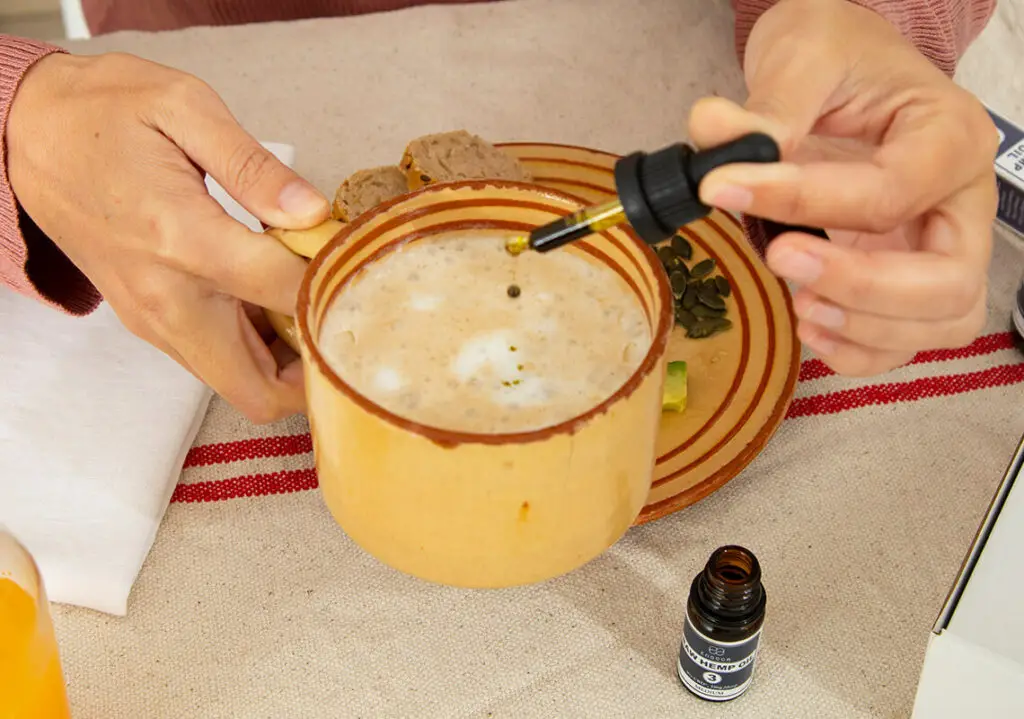
What is CBD used for?
Our cannabidiol oil (CBD) is a natural and botanical extract from the hemp plant, containing trace amounts of THC (less than 0.3%).
CBD oil is often extracted from other types of cannabis that have a higher THC content. The CBD component itself is always the same in all CBD oils. Whether it comes from hemp or another source, CBD remains CBD. It’s the source that makes all the difference.
At Endoca, we extract our hemp oil from the traditional hemp plant, which naturally contains CBD — one of over 100 natural compounds found in the cannabis plant. Yes, cannabis (Cannabis sativa) is a type of cannabis known as hemp. The term hemp is often used to refer to types of cannabis with a very low THC content (the component that can make you feel high).
CBD oil is therefore completely legal, as it contains very little THC (around 0.3% to be exact). When cannabis is cultivated with a high THC content, we call it marijuana — which can have a psychoactive effect. For this reason, it is illegal in most countries.
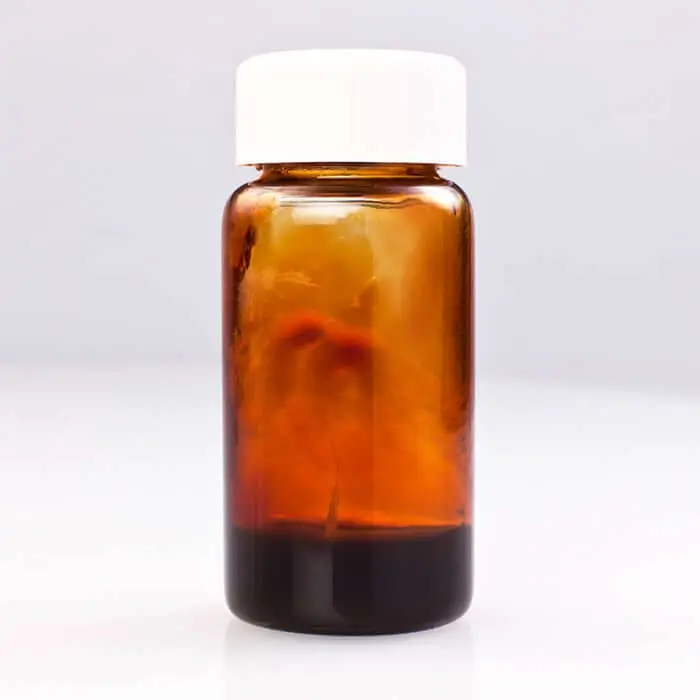
Frequently Asked Questions
CBD stands for cannabidiol, which is one of over 100 natural compounds called cannabinoids found in the cannabis plant, Cannabis sativa. This plant is known for its versatile uses and various chemical compounds.
Cannabinoids:
Cannabinoids are a group of substances naturally occurring in the cannabis plant. These compounds interact with the body’s own system, known as the endocannabinoid system, which is important for various biological processes.
Cannabis sativa:
Cannabis sativa is a plant species used for a variety of purposes. Its chemical properties vary depending on the type or strain being cultivated.
CBD and THC:
CBD is different from THC (tetrahydrocannabinol), another well-known compound in cannabis. THC is recognized for its psychoactive properties, whereas CBD does not have this effect.
Legal status and usage:
CBD is non-psychoactive and is legal in many countries, subject to local regulations. It is available in a range of products such as oils, capsules, and cosmetics.
For further information about CBD and its properties, see what are the effects of CBD oil.
This overview presents the basic facts about CBD without making claims regarding its use or effects.
There are many different ways to use CBD oil depending on your needs and preferences.
Some of the most common methods include:
- Taking CBD oil sublingually/under the tongue
- Inhaling CBD via vaping
- Applying CBD to the skin with CBD cream
- Using CBD suppositories vaginally or anally
Which method should you choose?
The choice of method depends on your preferences and intended purpose. Some prefer sublingual consumption for fast absorption, while others choose topical application for localized effects. Each method has its own advantages.
How you use Endoca’s CBD oil depends on the method you choose. For more information, you can read about the effects of CBD oil here.
CBDa, or cannabidiolic acid, is the acidic precursor to CBD (cannabidiol). This means that fresh hemp plants primarily contain CBDa and only small amounts of CBD. It is only through drying and heating the plant that CBDa converts into CBD through a process called decarboxylation.
CBDa vs. CBD:
CBDa is the natural form found in fresh hemp plants before they are exposed to heat or other processing methods.
When the plant is heated (for example, during extraction or cooking), CBDa loses its acid group and transforms into CBD.
Natural presence:
In raw hemp plants, CBDa is dominant. CBD is only found in small amounts without treatment.
By preserving CBDa in products, the natural chemical profile of the hemp is retained.
Products containing both CBD and CBDa:
If you are looking for a product that contains both CBD and CBDa, RAW (full-spectrum) CBD drops offer a natural combination of both compounds. These oils retain the plant’s original properties since they are not heated.
This provides an opportunity to choose a natural and balanced approach to hemp’s active compounds.
Endoca offers both raw and decarboxylated CBD oil product options. Our high-quality extracts are produced under strict quality control, from organic hemp that uses permaculture cultivation techniques and state-of-the-art supercritical clean air extraction technology.
CBD, Chlorophyll, Alkanes, Nitrogenous compounds, Amino acids, Sugars, Aldehydes, Alcohols, Ketones, Flavonoids, Glycosides, Vitamins, and Pigments.
We have discovered that cannabis/hemp contains over 400 molecules – and in recent research, we have discovered there are a group of molecules that cannabis produces called cannabinoids, which are mostly responsible for its effects. There are over 120 cannabinoids including CBD, CBG, CBC, and CBN.
The best way to take CBD oil depends on the individual. However, if you don’t like the taste of hemp and want an easier way to see how many milligrams of CBD you’re taking, swallowing CBD capsules is the best way.
Alternatively, if you want to use it externally or in a targeted area and avoid digestion completely, then applying CBD skincare or using CBD suppositories is the best method for you.
To see the best way to take CBD depending on your preferences.